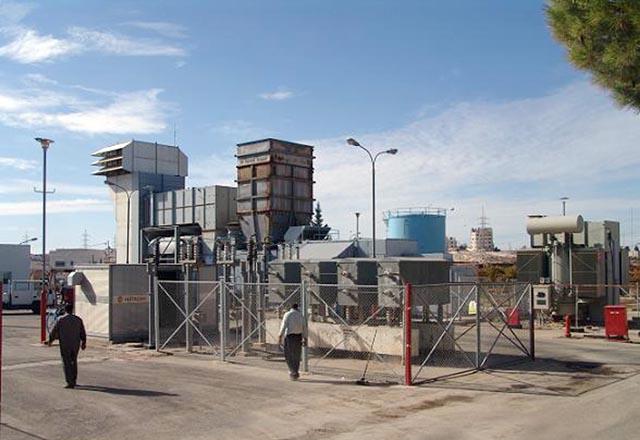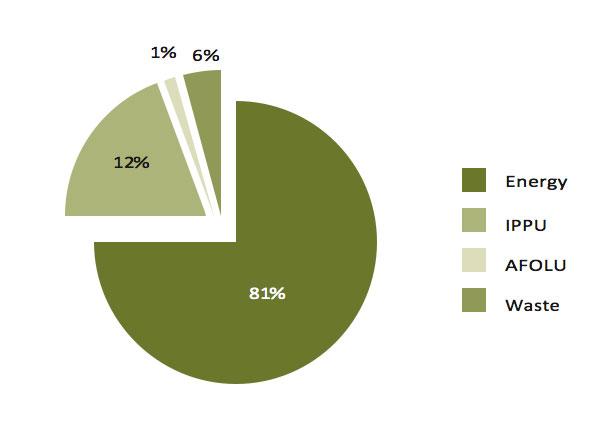You are here
‘Energy sector blamed for 73% of greenhouse gas emissions’
By Hana Namrouqa - May 19,2014 - Last updated at May 19,2014

AMMAN — A total of 73 per cent of greenhouse gas emissions in the Kingdom are generated by the energy sector, according to a report, which indicated that the figure is set to increase in the future.
The sector’s greenhouse gas emissions are expected to rise to 77 per cent by 2015 and to 83 per cent by 2040, according to the preliminary results of the Kingdom’s Third National Communication to the United Nations Framework Convention on Climate Change.
“The energy sector is the main contributor to the emission of greenhouse gases in the Kingdom, and it is increasingly emitting more carbon dioxide into the atmosphere,” Mahmoud Eis, an official at the Energy Ministry, said during a seminar to present the preliminary results of the third national communication.
“The other sectors’ emissions are also increasing with time, but not as much as the energy sector,” he added.
The energy sector emitted 18.6 million tonnes of carbon dioxide in 2006 and 26 million tonnes in 2013, according to Eis, who noted that the amount is expected to increase to 48.6 million tonnes in 2040.
The report proposed six mitigation projects that could lead to noticeable and cost-effective emission reductions, including loss reduction in electricity transmission and distribution; improving combustion efficiency in the Rihab Power Plant; combined cycle gas turbine in the Risha plant; the natural gas distribution network in Aqaba; demand side management in the electricity sector; and a nuclear power plant.
The report also presented its initial findings in other sectors responsible for the emission of greenhouse gases, including transport, waste, industrial processes, and land use conversion and forestry.
The Kingdom prepares a national communication report every four years with the aim of identifying the amount and sources of greenhouse gases in the country.
Climate change scenarios indicate that Jordan and the Middle East could suffer from reduced agricultural productivity and water availability, among other negative impacts, according to the 2013-2020 Jordan Climate Change Policy.
The report said Jordan faces serious potential impacts on its natural ecosystems, river basins, watersheds and biodiversity, then cascading to impacts on food productivity, water resources, human health, public infrastructure and human settlements.
The report indicated that climate change projections suggest a 1-4°C increase in temperatures and a 15-60 per cent decrease in precipitation.
An opinion survey on public knowledge and perception of climate change in the Kingdom, released in February this year, indicated that 78 per cent of Jordanians believe that the climate has “really changed” over the past few years and around 67.1 per cent said this change is “negative and annoying”.
Meanwhile, 38 per cent of the survey sample said they have a “very good” knowledge of climate change issues, while 72.9 per cent said climate change is a man-made phenomenon caused by industries, transportation and energy activities.
The Royal Scientific Society conducted the survey within the context of the third national communication report.
Related Articles
AMMAN — Jordan on Sunday announced its First Biennial Update Report (FBUR) to the United Nations Framework Convention on Climate Change, whi
AMMAN — Jordan and Bangladesh on Monday signed a memorandum of understanding on climate change cooperation. Under the agreement both co
BONN — A Jordanian delegation headed by Minister of Environment Yaseen Khayyat is currently participating in the global negotiations on envi













